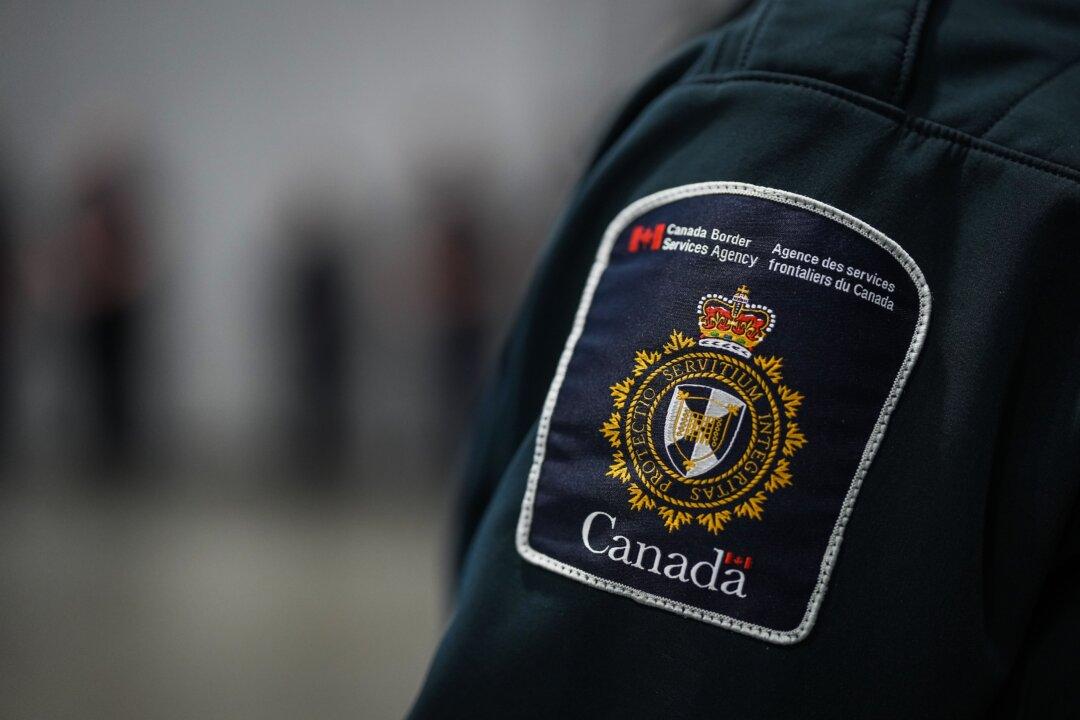A Quebec man has been sentenced to nine months in jail for importing counterfeit toonies from China.
Jean-François Généreux faced multiple charges, including giving false information in a customs declaration and buying, possessing, and bringing into Canada over 26,000 counterfeit $2 coins made in China, says a Nov. 6, 2023, news release from the Canada Border Services Agency (CBSA).





